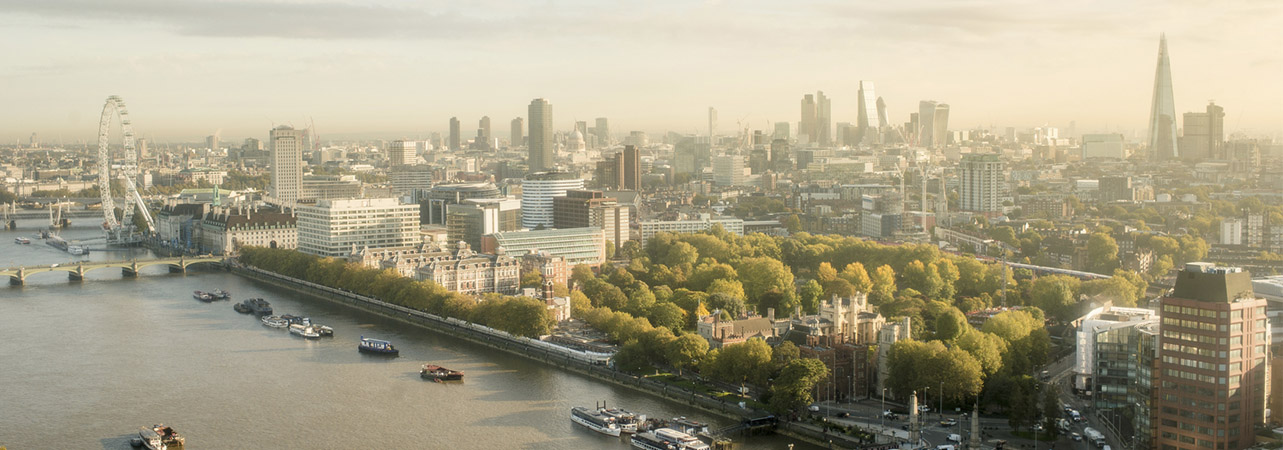England’s “Freedom Day” on 19th July received a lacklustre welcome from investors as the Delta variant of the Covid-19 virus continued to spread. The FTSE 100 Index dipped sharply but later recovered, ending July above 7,000 points.
- The rate of consumer price inflation rose to 2.5%
- Limits on banks’ dividend payouts were scrapped
- Profit warnings declined sharply during Q2
To view the series of market updates through July, click here
“Freedom”? England’s “Freedom Day” on 19th July received a lacklustre welcome from investors as the Delta variant of the Covid-19 virus continued to spread. The FTSE 100 Index dipped sharply but later recovered, ending July above 7,000 points and rising by 0.1% over the month, while the FTSE 250 Index climbed by 2.6%. Nevertheless, demand for lower-risk assets rose, and the yield on the benchmark UK gilt fell to its lowest level since February, ending the month at 0.57%.
“The BoE warned that households and businesses are likely to need ongoing support”
Inflation hits 2.5%: Surging post-lockdown demand drove the UK’s annualised rate of inflation to its highest rate since September 2018 during June, rising from 2.1% in May to reach 2.5%. Governor of the Bank of England (BoE) Andrew Bailey maintained that the increase in inflationary pressures was likely to prove a “temporary feature” and policymakers intended to ensure that the recovery was not threatened by “premature” tightening of interest rates.
Profit warnings fall sharply: UK listed companies issued a total of 32 profit warnings during the second quarter of 2021, according to EY – the lowest quarterly total in over 21 years. In comparison, EY recorded 165 warnings in the same period of 2020. Nevertheless, the BoE warned that households and businesses are likely to need ongoing support from the financial system. In particular, smaller businesses have elevated levels of debt and the BoE warned that this could lead to an increase in insolvencies as the Government withdraws its financial support measures.
Banks freed from dividend constraints: The BoE removed the limits it had previously imposed on dividend payouts from the UK’s “well capitalised and resilient” banks. Barclays and NatWest subsequently reinstated their interim dividend and announced share buybacks. Meanwhile, Royal Dutch Shell increased its dividend and launched a US$2 billion share buyback programme. In contrast, pub and hotel chain Fuller, Smith & Turner cancelled its full-year dividend, citing the pandemic’s impact on its business.
Strengthening labour market: The unemployment rate eased from 5% to 4.8% over the three months to May and job vacancies reached 862,000 in the three months to June, outstripping pre-pandemic levels. The number of payroll employees continued to rise as leisure and hospitality businesses reopened. The UK economy grew by 0.8% during May – this was somewhat slower than expected following growth of 2% in April.
A version of these market briefings are available to use in our newsletter builder feature. Click here










